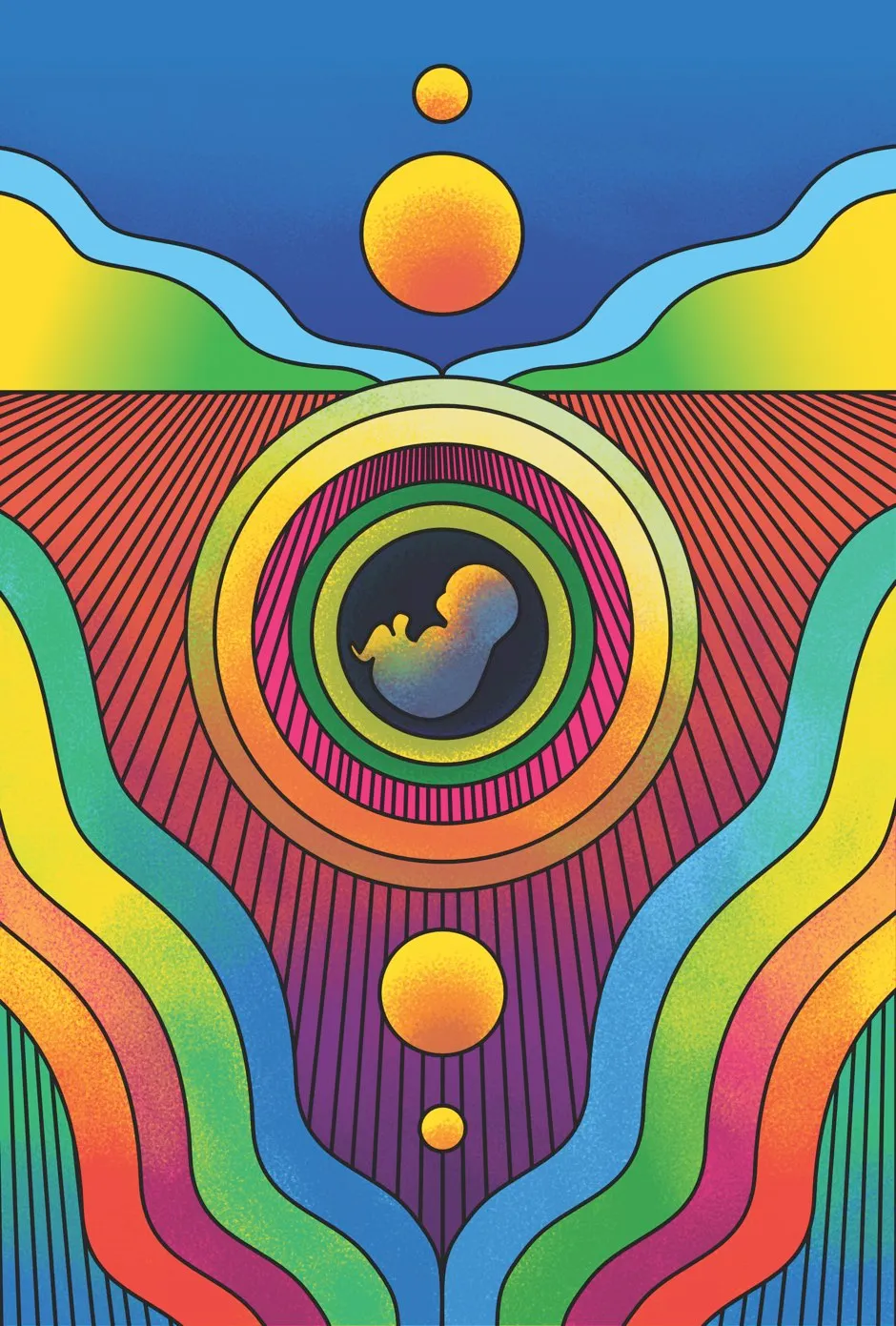Critically preterm babies face an uncertain future. Although a foetus is considered viable at 24 weeks of gestation, only about 60 per cent of babies born so young will survive, and many will experience life-long complications. For those born a couple of weeks earlier, the statistics are even more dire: just 10 per cent of babies born at 22 weeks are likely to survive.
Building a so-called artificial womb could potentially save these babies. In October, researchers from the Eindhoven University of Technology in the Netherlands announced that they had received a grant for €2.9m (£2.5m approx) to develop a prototype of such a device.
But the project isn’t the only artificial womb on the horizon. In 2017, researchers in Philadelphia transferred foetal lambs, aged between 105 and 115 days of gestation (equivalent to about 28 to 30 weeks human gestation), into a so-called biobag filled with artificial amniotic fluid. After several weeks in the bag, the lambs developed normally.
And in March 2019, an Australian and Japanese research team kept younger lambs, about 95 days’ gestational age, alive in a different system. Dr Matthew Kemp, who led the latter work, notes that researchers don’t fully understand foetal growth in the womb, which makes replicating it a challenge.
Read more about pregnancy:
The Dutch group noted plans to roll out a clinic-ready prototype in five years, but Kemp says it will likely take much longer. And because the technology is so costly, it’s unlikely to be widely available any time soon.
So far, what researchers call artificial wombs are essentially souped-up incubators. They provide a fluid-filled space in which a foetus can receive nutrients and oxygen through a ‘placenta’. From there to full-on ectogenesis — incubating foetuses outside a human for the full duration of a pregnancy — is an enormous leap.

But many bioethicists note that technology moves quickly, and proactively thinking through the possibilities is important.
In this more futuristic vision, artificial wombs can do a lot for society, says Dr Elizabeth Yuko, a bioethicist at Fordham University in New York. It could allow people who can’t carry a pregnancy for whatever reason — illness, infertility, age, or gender — to do so. It might also shift some of the childbearing responsibilities carried by women.
But it also raises concerns. For example, ex-utero gestation would likely turn reproductive rights on their head, says Elizabeth Chloe Romanis, a lawyer and bioethicist at the University of Manchester. If a foetus can gestate outside a woman’s body, the choice of whether or not to have the baby might be deemed out of her hands.
Another issue is that our legal rights are predicated on having been born alive. “I don’t think that a gestating subject in an artificial womb necessarily meets that requirement,” says Romanis. “That raises some questions about human entities ex-utero that have never existed before.”
Read more wild ideas in science:
As Albert Einstein once said, “imagination is more important than knowledge.” So with that in mind, here are our picks of the most radical theories in science.